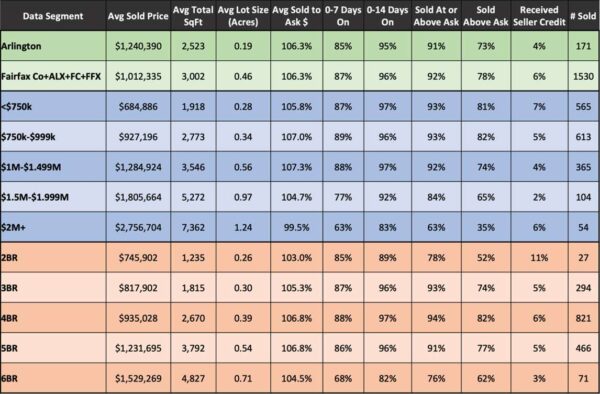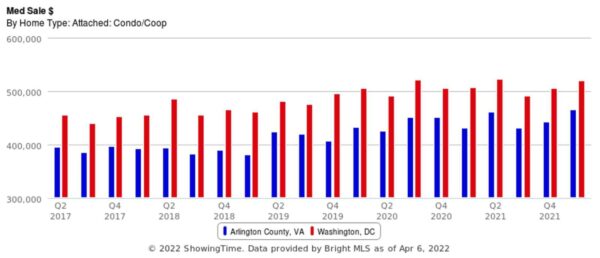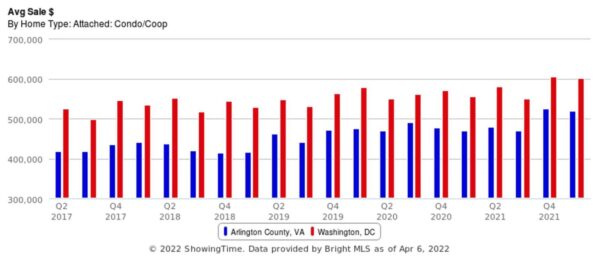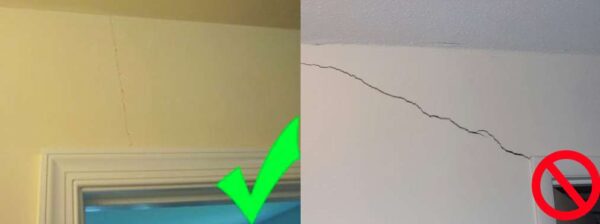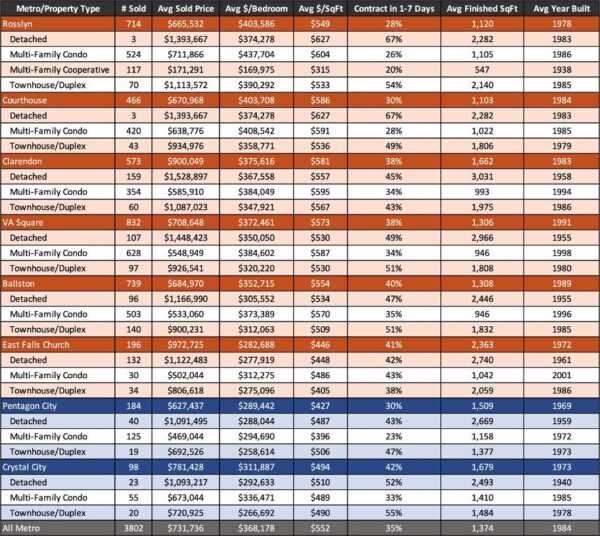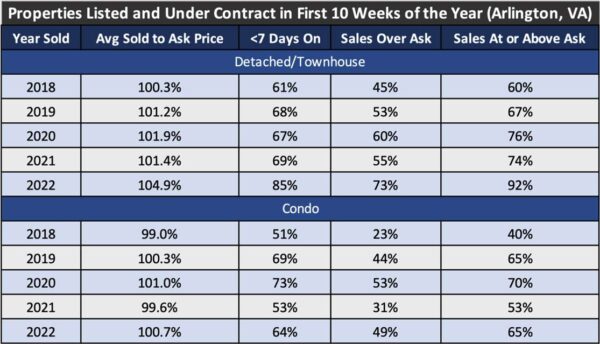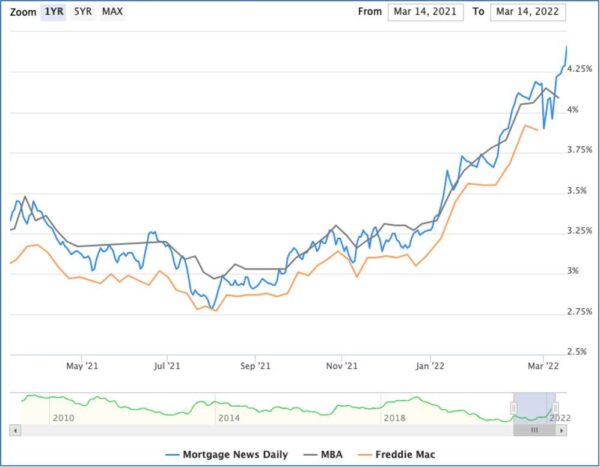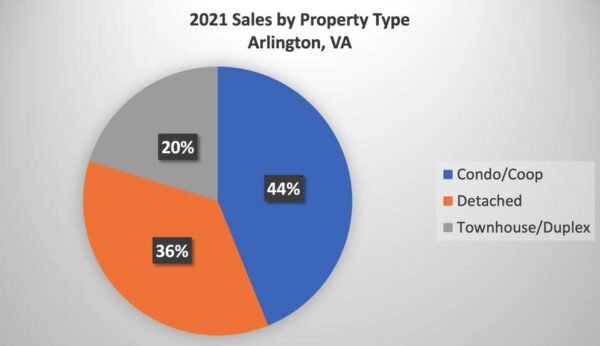This regularly scheduled sponsored Q&A column is written by Eli Tucker, Arlington-based Realtor and Arlington resident. Please submit your questions to him via email for response in future columns. Video summaries of some articles can be found on YouTube on the Ask Eli, Live With Jean playlist. Enjoy!
Question: What responsibility does a seller have to disclosure problems with their home?
Answer: Sellers cannot lie about or conceal material defects of their home, but in Virginia, property owners are under no responsibility to disclose them to a buyer. That’s because Virginia is one of the few states in the U.S. still operating under the common law concept of Caveat Emptor, meaning “Let The Buyer Beware.” This places the duty of discovery (of defects) on the homebuyer. Per Bankrate.com, the other states include Alabama, Arkansas, Georgia, North Dakota and Wyoming.
Residential Property Disclosure
The Residential Property Disclosure is required in most transactions except for sales between relatives, foreclosures, builders and a handful of other scenarios. The Disclosure, signed by the seller and buyer, states that the homeowner(s) makes no representations or warranties with respect to things like:
- Property Condition
- Sexual Offenders
- Adjacent Parcels
- Wastewater Systems
- Historic Districts
Alternatively, jurisdictions like Washington, D.C. and Maryland require extensive disclosures by homeowners. The D.C. Disclosure runs 4+ pages long and requires owners to make representations on every material aspect of the property and community including roof, insulation, heating/cooling, appliances, drainage, zoning and more.
Realtors Held To A Higher Standard
While Virginia homeowners aren’t required to disclose defects, the Realtor Code of Ethics holds us to a higher standard. A listing agent who is a Realtor “shall disclose to prospective buyers/tenants (customers) all material adverse facts pertaining to the physical condition of the property which are actually known by the licensee.”
While listing agents don’t have a duty to discover latent defects, they are required to communicate anything they’re made aware of through the standard course of the transaction be it discussions with the seller, inspection of the property, or otherwise.
Should Virginia Change?
Personally, I’d like to see Virginia make changes to the seller disclosure laws to balance the scales a bit. One could make a case that increasing disclosure requirements would reduce buyer risk, thereby making Virginia homes more valuable and pushing home values up across the board (sellers would still have the ability to offer “As-Is”). It would be particularly valuable in a market like we’ve had the last few years where due diligence periods are shortened or waived completely.
As a counter point, buyers in jurisdictions with heavy disclosure requirements can rely too much on what the seller says/does not say and fall victim to a seller simply not being aware of a defect that a buyer could have discovered through due diligence.
What do you think? Are you happy with the current system or would you like to see Virginia get rid of Caveat Emptor and place more duty on the seller to disclose material defects?
If you’d like to discuss buying, selling, investing, or renting, don’t hesitate to reach out to me at [email protected].
If you’d like a question answered in my weekly column or to discuss buying, selling, renting, or investing, please send an email to [email protected]. To read any of my older posts, visit the blog section of my website at EliResidential.com. Call me directly at 703-539-2529.
Video summaries of some articles can be found on YouTube on the Ask Eli, Live With Jean playlist.
Eli Tucker is a licensed Realtor in Virginia, Washington DC, and Maryland with RLAH Real Estate, 4040 N Fairfax Dr #10C Arlington VA 22203. 703-390-9460.



